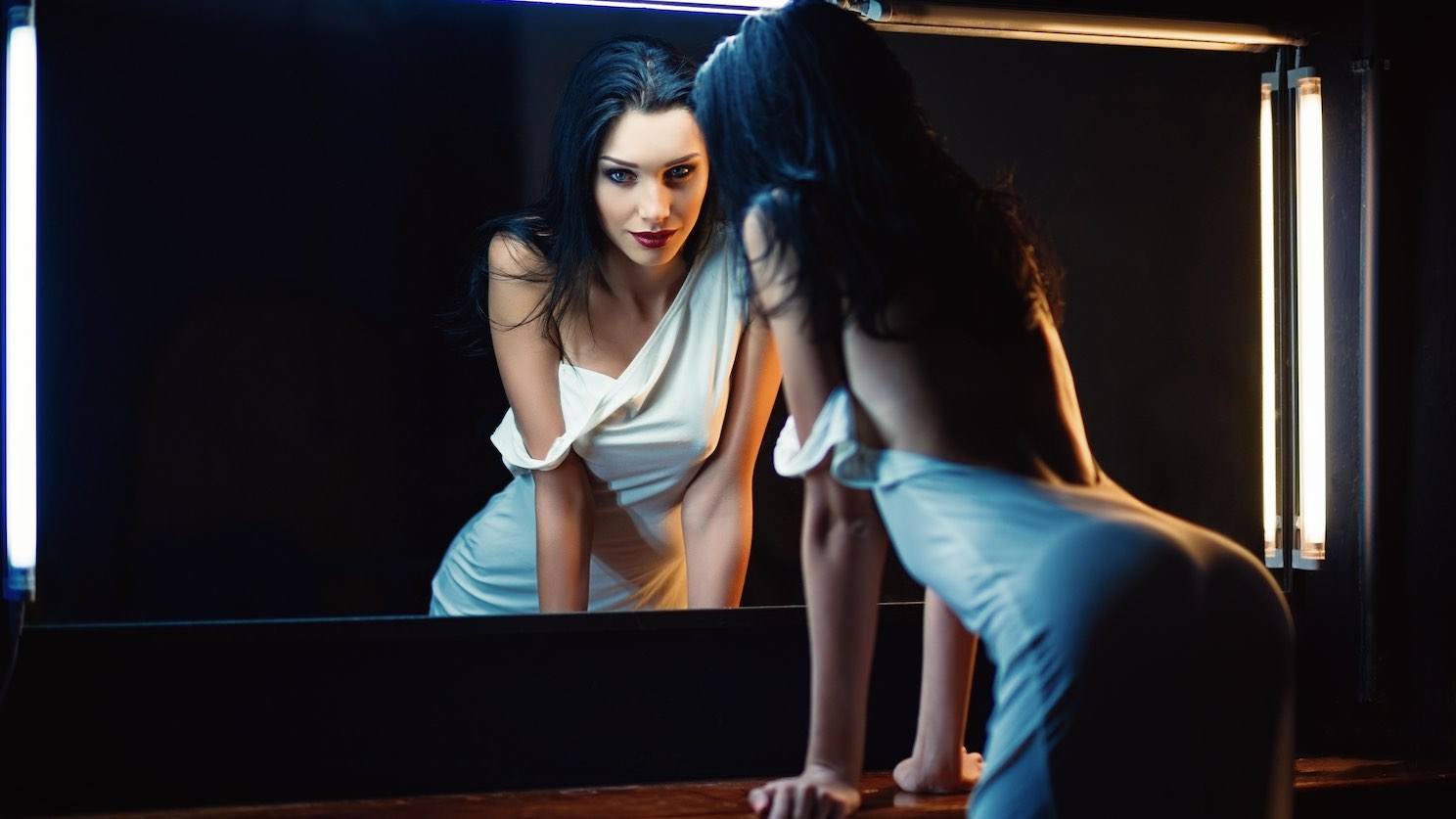Research data from a number of European nations including the UK, Spain, Germany, Italy, France and Russia, shows that Australians are more relaxed and less obsessed about appearance and ageing. Aussie women believe that confidence, a sense of humour, natural looks and healthy skin triumph over glamorous made-up looks, youth, symmetrical features or success in determining beauty.
Aussie women are less likely to use looks at work than most Europeans and would not mind toning down their workplace appearance, seeking respect for achievement instead of admiration. They also consult their mirror less often and do not care that much about looking better or more attractive than their peers and friends.
What do Aussie women have in common with Queen Elizabeth I of England?
Just like the Virgin Queen, they don’t appear to care too much about looking at mirrors. At least, that is the conclusion drawn from the results of a survey conducted by Costhetics on behalf of Merz Aesthetics last year.
What matters more: symmetry or confidence?
Is that because a vast majority of women (92%) believed that women are beautiful at every age? Or because they believe the most important factor contributing to beauty is confidence (82%), and they have oodles of confidence in their own looks? It is also telling that the women who took part in the survey—between the ages of 18 and 74—picked healthy skin, a sense of humour and a natural look to be the next most important aspects of beauty after confidence. A glamorous made-up look, youth, symmetry in facial features and professional success were among the factors they considered least important for beauty.
Australians love cosmetic treatments
But that does not mean Aussies spurn cosmetic treatments or find them socially unacceptable. In fact, after survey participants from the UK, Australians appear to be the most open to using injectable treatments to improve their appearance. Questions regarding other cosmetic treatments were not included in the survey.
The key reasons Aussies gave for seeking injectable treatments are also interesting: both men (31%) and women (57%) who were open to treatments said wanting to be more comfortable in their own skins was a key factor. Both groups expressed the desire to feel younger (45% of women and 31% of men), happier (42% of women and 31% of men) and sexier (37% of women and 26% of men) as other key factors influencing treatment decisions.
Aussies are less concerned about ageing than other countries
Aussies—both men and women—do not appear to be overly concerned about ageing either, when compared with survey participants in the UK, France, Germany, Italy, Russia and Spain. Among the Europeans, people of the UK are the most concerned about their ageing appearance, with 61 percent of women and 56 percent of men saying they were concerned. Compared to Italian men, one in five of who are likely to comment about their partner’s ageing appearance, only one in 20 Aussie men would venture to comment on appearance. Men in all the other participating nations showed a lot more restraint than the Italians, but were slightly more open about looks than the Aussies. Perhaps this is another reason for the high confidence levels expressed by the Australian women.
When asked how physical appearance impacts their work, nearly one third of the female Aussie participants said they play down their beauty at work because they wanted respect for what they achieved at work, not admiration for their looks. Around a quarter picked the response “Beauty is just something that I make use of in my job, like my intelligence and network of contacts”. Nearly one in five felt that looking younger and more attractive would help their career. In contrast, half of the German women taking part in the survey admitted making use of beauty just like they would intelligence or network of contacts. At the other end of the spectrum, 45 percent of Spanish women admitted playing down their beauty in the workplace.
The Aussie competitive spirit does not seem to apply to appearances. Aussies were less interested than Europeans in appearing more attractive than peers and friends or looking better for their age than others.
And when it comes to mirrors, both European and Aussie data show that men check their mirrors as much as women do. Perhaps that should put an end to the question of which is the vainer sex.
Who looks in the mirror the most?
Of all the groups surveyed, Russian women appear to be the fondest of consulting their mirrors, with 58 percent admitting that they check their appearance at least every couple of hours. One in ten Russian women say they check their appearance at least every hour. Only 3 percent of Aussie women check their appearance in the mirror hourly and altogether 22 percent do it at least every couple of hours. Another 22 percent of Aussie women consult their mirrors only once a day. This number would shock most Russian women, because only three percent of them admitted to looking at the mirrors once a day or less.
Mirror, mirror, perhaps you should visit Russia whenever you feel neglected at home. Russian women love looking in their mirrors far often than we do over here in Australia!

I’m shocked, I never would have guessed aussies look in the mirror the least!